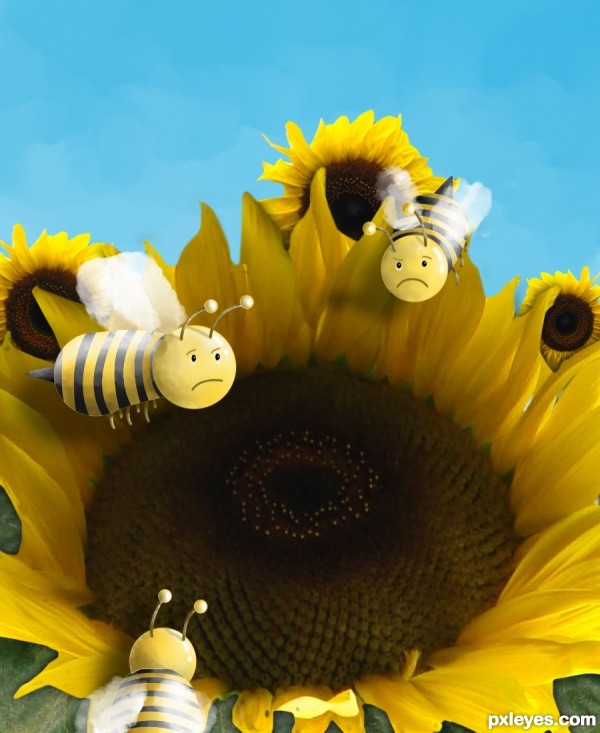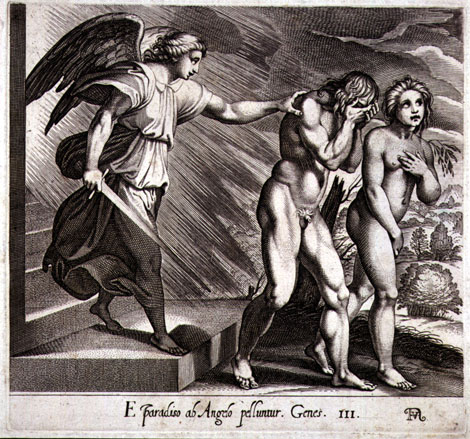Chaucer’s contributions and importance in English Literature:
Chaucer, who is hailed as one of the greatest poets of the world, derived his stimulus and example from French and Italian poetry and enriched England with a Literature that rivals to this hour the greatest productions of human genius and has confessedly influenced the likes of Shakespeare and Milton. Chaucer was not just a first rate literary artist; he was the pivotal figure in English Literature who encompassed many of the earlier traditions, genres, and subjects of Literature and applied them in the context of a new, highly active and developing society. His contribution to the literature and language of English is ground-breaking by virtue of which the highest position in the hierarchy of literary figures has been granted to him.
Chaucer was the first great national poet of England who gave full expression to the new hopes and aspirations of the people of his time. This could be achieved because Chaucer was a realist who found fitting subjects for his poetry not in the Gods and heroes of a Golden Age but in the life that unfolded before his eyes. Chaucer mixed freely with mankind and had the innate instinct to catch within his purview the soul of his generation in all its fullness and depth. Chaucer’s realism and his true significance as a national poet is distinctly discernible in his Canterbury Tales where he has painted a truthful picture of the 14th-century life through a group of pilgrims. By introducing pilgrims from different classes and society and giving an analysis of their manners, virtues and follies, clothes and habits, Chaucer did not just give voice to the tendencies of his age but he also made a significant contribution to the act of characterization.
In the literature of the 14th century, when so few poets had any perception of fun in life, Chaucer’s humor was both delightful and invigorating. Before Chaucer, English humor was synonymous with buffoonery or horse play but he refined and raised it to the standard of literary humor which was kind and patronizing as in the case of Clerk of Oxenford and semi-farcical in case of the Wife of Bath. Chaucer also introduced pathos which is amply present in The Legend of Good Women. By his remarkable observation of inconsistencies in conduct and power of selecting what is typical in manners, Chaucer also showed the way to satirists of the 17th and 18th centuries.
Chaucer sowed the seeds of the novel in Troilus and Criseyde and also in Canterbury Tales which were later nourished by Fielding. The prologue to Canterbury Tales is the prologue to modern fiction and the tales with their characters and atmosphere are miniature novels. Not just this, in the Canterbury Tales we also find all the elements of Elizabethan comedy. The Host, the Miller, the Reve, the Wife of Bath and the likes were the English models for Flagstaff, Bottom, Dogberry and so on. Chaucer set the ball rolling for secular drama.
No list carrying Chaucer’s contributions can ever complete without mentioning his contributions to English language and poetry. It was Chaucer’s works which made London English, the Midland dialect, the sole literary language of England for all ages to come. He inculcated into the Midland dialect all the delicacy and refinement of French poetry, breathed into it a higher political life and gave the poets of his succeeding generation a ready and well-formed medium of poetical expression. He virtually imported the decasyllabic line from France and used it in both stanzaic and couplet forms. He also introduced the Rhyme Royale which was first used in Parliament of Fowls.
We can summarize Chaucer’s achievements and importance by saying that he is the earliest of the great moderns. He enlarged the scope and range of the poet, introduced minute observation of life around him, gave a vivid and clear description of the condition of his times, excelled in characterization, humor, pathos, made narration an art and above all gave a new form and shape to language and versification. He is truly the father of English Language and Poetry.
Chaucer’s works:
Chaucer, who is hailed as one of the greatest poets of the world, derived his stimulus and example from French and Italian poetry and enriched England with a Literature that rivals to this hour the greatest productions of human genius and has confessedly influenced the likes of Shakespeare and Milton. Chaucer was not just a first rate literary artist; he was the pivotal figure in English Literature who encompassed many of the earlier traditions, genres, and subjects of Literature and applied them in the context of a new, highly active and developing society. His contribution to the literature and language of English is ground-breaking by virtue of which the highest position in the hierarchy of literary figures has been granted to him.
It is now customary to divide the Chaucerian poems into three stages: The French, The Italian, and the English, of which the last is a development of the first two. In none of these divisions, is the one influence felt to the exclusion of the other. It is merely that one dominates.
The poems of the earliest French group are closely modeled on French originals. Of such poems, the longest is the Romaunt of the Rose, an allegorical poem of 8000 lines. To this group belongs The Book of Duchess, Chaucer’s first important poem which is predominantly original. This poem of 1396 lines is an elegy written on the death of the wife of Chaucer’s patron, John of Gaunt to pay homage to the dead Duchess and console the Duke. It follows the convention of dream allegory. The literary merit of the poem lies in the command it shows on the octosyllabic couplet. Other poems belonging to this group are The Compleynte unto Pite, An A. B. C., and The Compleynte of Mars.
The Second or Italian stage shows a decided advance upon the first in terms of originality, handling of meter and keenness of perception. To this group belong Anelida and Arcite and The Parliament of Foules. Chaucer’s best narrative work, Troilus and Criseyde also belonging to this group is a long poem adapted from Boccaccio but in its emphasis on character, it is original and indicative of the true line of Chaucer’s development. Reality and passionate intensity underlie its conventions of courtly love and the complex characters of Pandarus and Criseyde reveal a new subtlety of psychological development. The Rhyme Royal stanza is handled with much dexterity in this poem with much dexterity and beauty and the pathos of this poem is touched upon with deep Feeling. The House of Fame of the dream allegory type and The Legend of Good Women, the first known attempt in English to use heroic couplet also belong to this group.
The Third or the English group contains works of greatest individual accomplishment. To this age, belongs the water-mark of Chaucer’s poetic career – The Canterbury Tales. Chaucer’s realism and his true significance as a national poet is distinctly discernible in his Canterbury Tales where he has painted a truthful picture of the 14th-century life by giving a detailed analysis of the habits, customs, clothes, virtues, and follies a group of pilgrims chosen from different classes and society. The prologue to Canterbury Tales is the prologue to modern fiction and the tales with their characters and atmosphere are miniature novels. Not just this, in the Canterbury Tales we also find all the elements of Elizabethan comedy. The Host, the Miller, the Reve, the Wife of Bath and the likes were the English models for Flagstaff, Bottom, Dogberry and so on. To this stage, several other short poems such as The Lake of Steadfastness and the Compleynte of Chaucer to his Empty Purse have been ascribed.
Through his mammoth contribution, Chaucer enlarged the scope and range of poetry, gave a vivid and clear description of the condition of his times, excelled in characterization, humor, pathos, made narration an art and above all gave a new form and shape to language and versification. He is truly the father of English Language and Poetry.
Some online learning platforms provide certifications, while others are designed to simply grow your skills in your personal and professional life. Including Masterclass and Coursera, here are our recommendations for the best online learning platforms you can sign up for today.
The 7 Best Online Learning Platforms of 2022
- Best Overall: Coursera
- Best for Niche Topics: Udemy
- Best for Creative Fields: Skillshare
- Best for Celebrity Lessons: MasterClass
- Best for STEM: EdX
- Best for Career Building: Udacity
- Best for Data Learning: Pluralsight
















